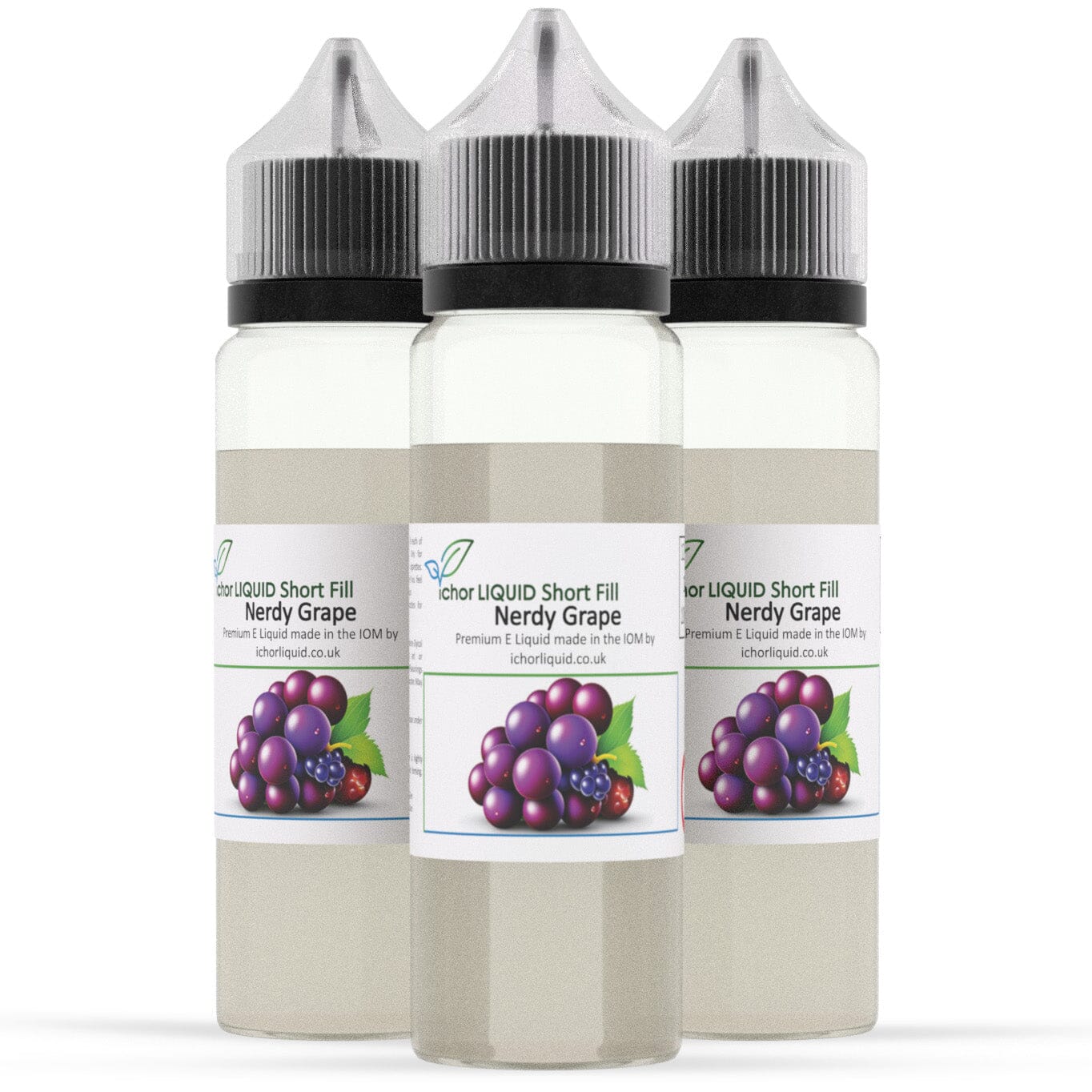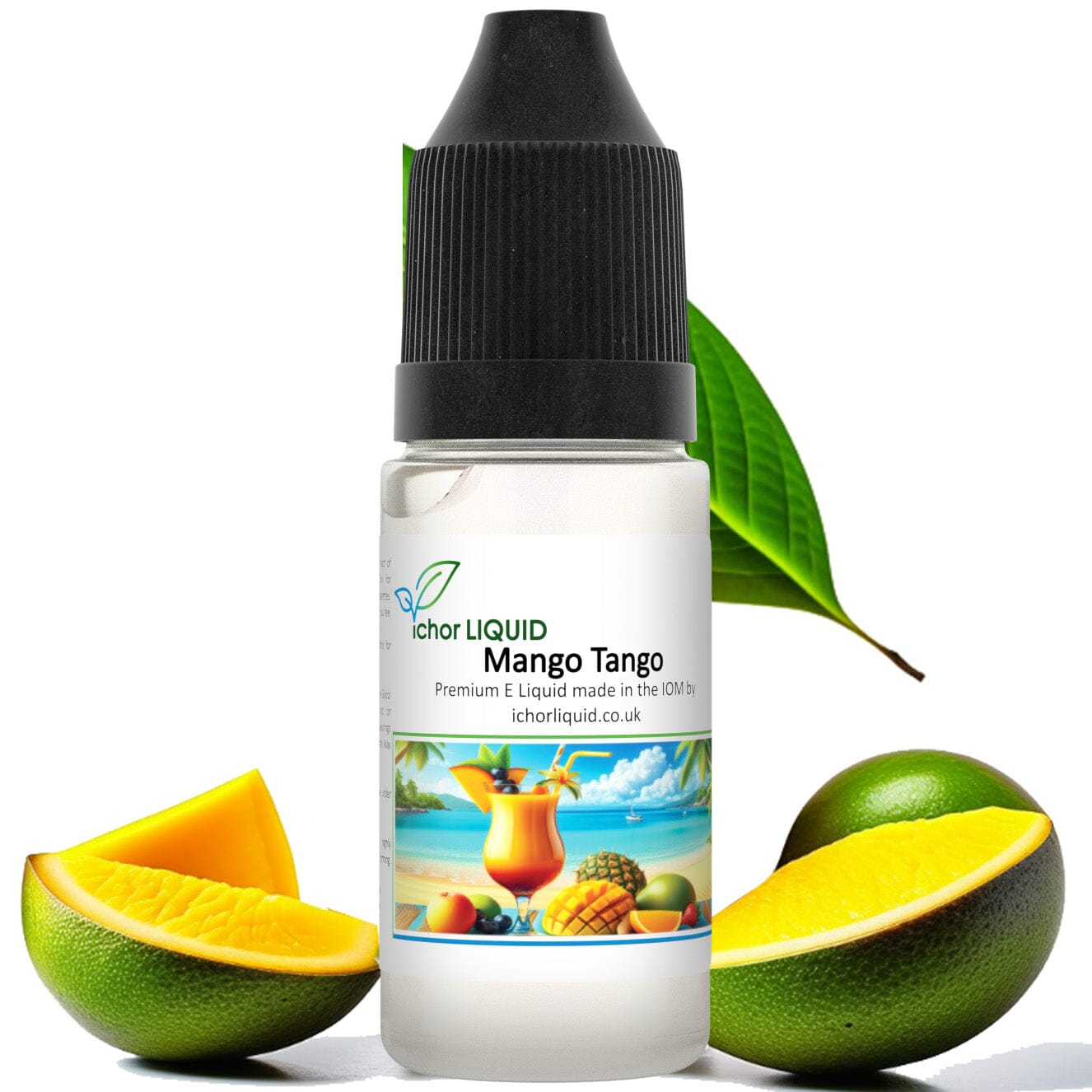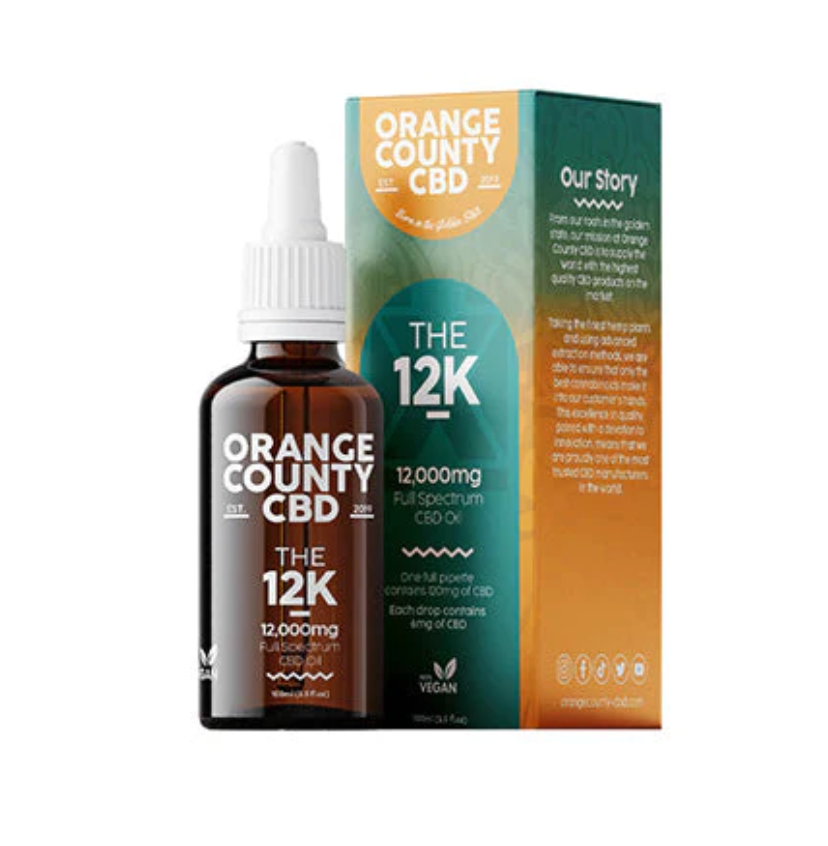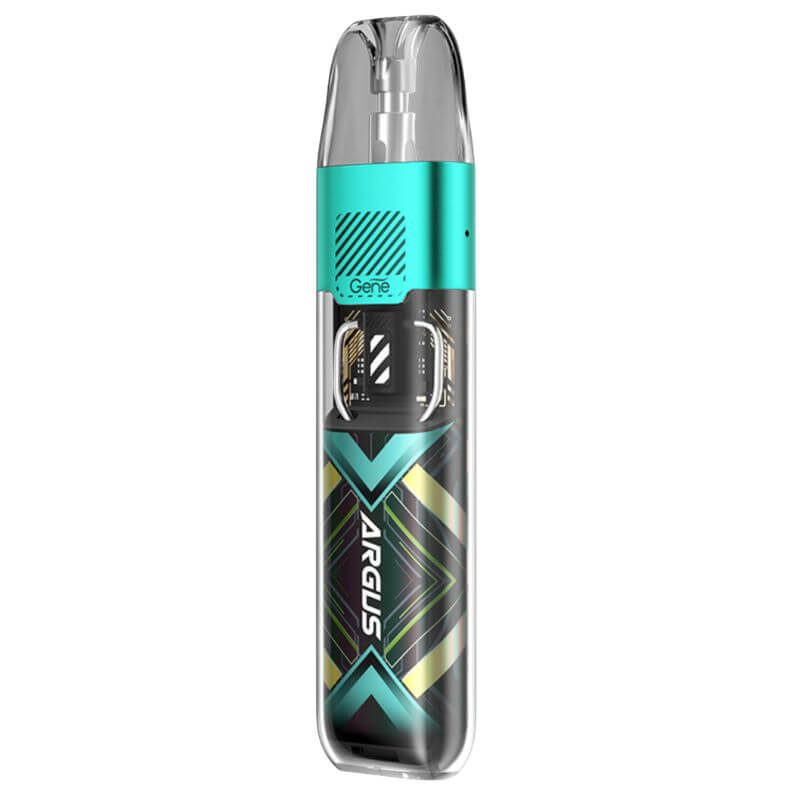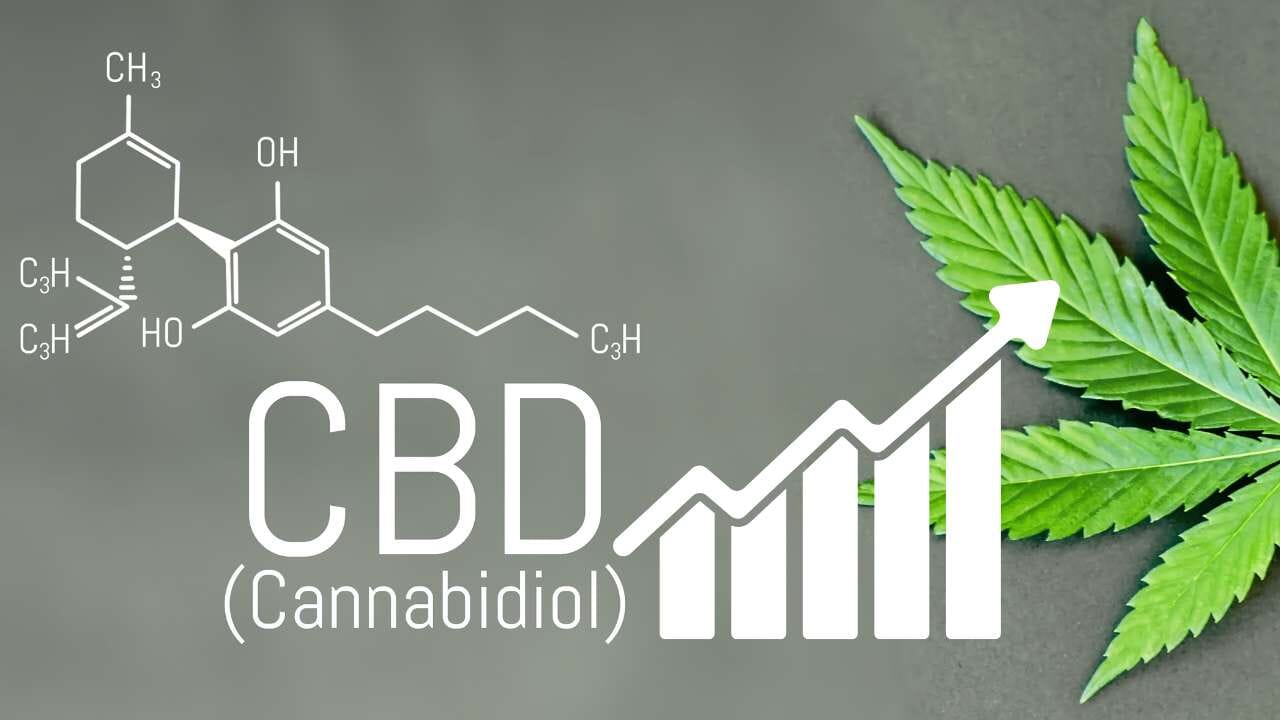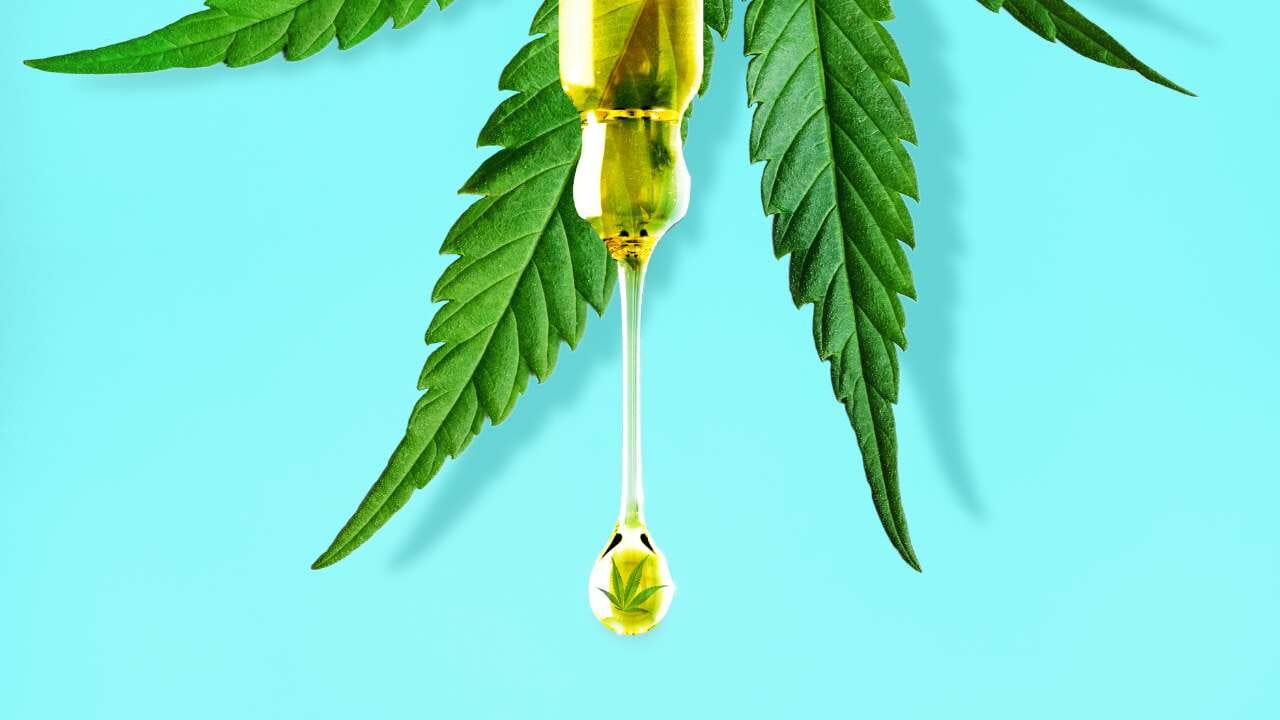CBD And The Law - How Is England Responding To Its Legal Status?
Is CBD Legal In England?. With the growing popularity of CBD products, it's important to understand the current legal status and regulations surrounding them in the UK. CBD, short for cannabidiol, is a non-psychoactive compound derived from the cannabis plant and has gained recognition for its potential health benefits. However, its association with cannabis raises questions about its legality and regulation.
In England, CBD is legal as long as it meets certain criteria. The product must contain no more than 0.2% of THC, the psychoactive compound in cannabis. Despite its legality, there are still concerns about mislabelling, quality control, and the potential for misuse. The government is working to establish clearer guidelines to ensure consumer safety and product quality. Stay tuned to learn more about the evolving landscape of CBD and the law in England.
Key Takeaways:
- CBD products are legal in England: CBD products that meet certain criteria, such as containing trace amounts of THC, are legal in England.
- Novel Foods regulations apply: CBD products are subject to Novel Foods regulations, requiring sellers to apply for authorisation to sell these products.
- FSA overseeing CBD market: The Food Standards Agency (FSA) is responsible for regulating the CBD market in England to ensure products are safe and accurately labelled.
- Strict THC limits in products: CBD products in England must contain less than 0.2% THC to comply with legal restrictions.
- Continued monitoring and updates: England's approach to CBD laws is evolving, with ongoing monitoring and potential updates to regulations as the industry grows.

Getting Acquainted with CBD
In this chapter, we will probe into the world of CBD (Cannabidiol) and explore how it is being viewed within the legal landscape of England.
What Exactly Is CBD?
CBD, or Cannabidiol, is a naturally occurring compound found in the cannabis plant. Unlike THC (Tetrahydrocannabinol), another compound found in cannabis, CBD is non-psychoactive, meaning it does not produce the 'high' typically associated with cannabis use. CBD products are known for their potential therapeutic benefits and are commonly used to promote relaxation, stress relief, and overall well-being.
Research on CBD suggests that it may have anti-inflammatory, analgesic, and neuroprotective properties. This has led to a surge in its popularity as a natural remedy for a variety of ailments, from chronic pain to anxiety and insomnia.
Differentiating CBD from Other Cannabis Products
It is important to differentiate CBD from other cannabis products, particularly those high in THC. CBD products legally available in England must contain less than 0.2% THC, ensuring they do not produce intoxicating effects. This sets them apart from recreational cannabis products, which are still illegal in most parts of the country.

By opting for CBD products, consumers can enjoy the potential benefits of cannabis without the risk of getting 'high'. This makes CBD a legal and attractive option for those seeking natural remedies and holistic wellness solutions.
The Legal Journey of CBD in England
As the popularity of CBD products continues to rise, the legal landscape surrounding cannabidiol in England has been evolving. Let's take a closer look at the journey of CBD in the eyes of the law.
The Early Stages: CBD's Legal Status History
In the early stages, CBD existed in a legal grey area in England. Initially, it was unclear whether CBD was covered by the Misuse of Drugs Act 1971, which controlled substances like cannabis. However, in 2016, the Medicines and Healthcare products Regulatory Agency (MHRA) declared that CBD products were considered medicinal if they met certain criteria, providing more clarity on its legal status.
Despite this clarification, the industry faced challenges as regulations were still being developed. Some products were found to contain illegal levels of THC, the psychoactive compound in cannabis, leading to safety concerns. This prompted stricter enforcement and quality control measures to ensure that CBD products on the market were within legal limits and safe for consumers.
Recent Developments in Legislation
More recently, there have been significant developments in the legislation surrounding CBD in England. The Food Standards Agency (FSA) set a deadline for CBD companies to submit novel food authorisation applications by March 2021, aiming to regulate the industry further and ensure the safety of consumers.
These new regulations mark a pivotal moment in the CBD industry, signalling a shift towards clearer guidelines and standards. It also highlights the government's commitment to balancing the growing demand for CBD products with consumer safety and regulatory compliance.
England's Regulatory Framework for CBD
When it comes to the legal status of CBD in England, understanding the regulatory framework is crucial. To probe deeper into this topic, let's explore how England is responding to the legal status of CBD and the regulatory measures in place.
The Role of the MHRA (Medicines and Healthcare products Regulatory Agency)
The MHRA plays a significant role in regulating CBD products in England. The agency oversees the licensing and approval of medicinal products, ensuring they meet the necessary standards for quality, safety, and efficacy. It is crucial for CBD businesses to work closely with the MHRA to comply with regulations and ensure consumer safety. The MHRA also monitors the marketing and labelling of CBD products to prevent false claims and misleading information.
Constraints and Guidelines for CBD Products
When it comes to selling CBD products in England, businesses must adhere to strict constraints and guidelines set by regulatory authorities. These guidelines include limits on THC content, clear labelling of CBD content, and ensuring products are safe for consumption. Additionally, businesses must obtain the necessary licences and approvals from the MHRA to legally sell CBD products in England.
It is essential for CBD businesses to stay informed about the evolving regulations and guidelines surrounding CBD products in England. Non-compliance can lead to legal consequences, including fines and product seizures, which can severely impact a business's reputation and operations.
CBD Accessibility in England
When it comes to accessing CBD products in England, the legal landscape can be confusing for consumers. The legal status of CBD is constantly evolving, and it's important to stay informed about the latest regulations to ensure you are purchasing and using CBD products legally.

Where Can You Legally Buy CBD?
In England, you can legally buy CBD products from licensed retailers, pharmacies, and online stores. Licensed retailers are required to meet certain quality and safety standards to ensure that the products they sell are legal and safe for consumers. Pharmacies also stock CBD products that meet regulatory requirements. Online stores offer a wide variety of CBD products, but it's essential to verify the legitimacy of the seller and check that the products meet legal standards.
It's important to note that not all CBD products are legal in England. CBD products must contain no more than 0.2% THC to comply with the law. Consumers should also be cautious about purchasing unregulated products from unlicensed sellers, as these may not meet safety and quality standards.
CBD in the Public Eye: Perceptions and Misconceptions
The public perception of CBD in England is gradually shifting as more people become aware of its potential benefits. However, there are still misconceptions surrounding CBD, with some people associating it with recreational cannabis use. Educating the public about the differences between CBD and THC is crucial to dispelling these misconceptions and promoting a better understanding of CBD's therapeutic properties.
Positive media coverage and testimonials from users have helped raise awareness about the potential benefits of CBD. However, there is still a need for more research and regulation to ensure that consumers have access to safe and effective CBD products. Engaging in open and honest conversations about CBD can help address misconceptions and promote its responsible use.
The Impact of Brexit on CBD Regulation
Changes to Laws and Importation Post-Brexit
Following Brexit, there have been significant changes to the legal landscape surrounding CBD in England. Previously, CBD products were governed by EU regulations which allowed for the free movement of goods. With the UK now outside the EU, there have been adjustments to laws and importation requirements for CBD products.
Businesses importing CBD into the UK now need to navigate new customs procedures and regulations. This has led to delays and increased costs for some companies. The UK government has also implemented its own set of rules regarding CBD, which may differ from those previously established by the EU.
Predictions for the Future of CBD in Post-Brexit England
The future of CBD in post-Brexit England remains uncertain, but there are some positive indicators. The UK has shown interest in supporting the CBD industry as it continues to grow. There is potential for more tailored regulations that could benefit both businesses and consumers.
However, there are also concerns about potential restrictions and challenges that may arise in the future. The industry is closely monitoring any developments to ensure compliance with the evolving regulatory framework.
As the UK navigates its new regulatory environment, it is essential for businesses and consumers to stay informed about any changes that may impact the CBD market. Adapting to the post-Brexit landscape will require flexibility and awareness as the industry continues to evolve.
Ongoing Challenges and Debates
Legal Gray Areas and Enforcement Issues
One of the ongoing challenges surrounding the legal status of CBD in England lies in the legal gray areas that exist. While CBD is not classified as a controlled substance, the lack of clear regulations can lead to confusion for consumers and enforcement agencies alike. This ambiguity sometimes results in enforcement issues where products containing CBD may be seized or individuals may face legal repercussions.
Moreover, the ambiguity in the law also poses challenges for businesses operating in the CBD industry. The lack of clarity regarding the legality of certain CBD products can hinder the growth of the market and create barriers for entrepreneurs looking to innovate in this space.
The Push for Further Research and Evidence-Based Policy
The call for further research and evidence-based policy regarding CBD in England is gaining momentum. Stakeholders across various sectors are advocating for a more nuanced understanding of the effects of CBD and its potential benefits. By supporting research in this area, policymakers can make more informed decisions about the regulation of CBD products.
The push for evidence-based policy is essential to ensure that regulations are grounded in scientific knowledge rather than misconceptions or outdated beliefs. By fostering a culture of research and collaboration, England can lead the way in establishing effective CBD policies that prioritise consumer safety and product quality.
CBD And The Law - How Is England Responding To Its Legal Status?
In England, the legal status of CBD is evolving, with the government making efforts to clarify regulations around its sale and use. While CBD products with a THC content of less than 0.2% are currently legal, there is still confusion surrounding its legality due to inconsistent enforcement and differing interpretations of the law. As the popularity of CBD continues to grow, it is crucial for policymakers to establish clear guidelines to protect consumers and ensure a safe and regulated market.
For more information on the legal status of CBD in the UK and the challenges surrounding its regulation, you can read Release's insightful article on Cannabis confusion – the legality of medicinal CBD in the UK. As England navigates through this complex issue, it is essential for stakeholders to work together to provide clarity and support the responsible use of CBD products within the boundaries of the law.
FAQ
Q: Is CBD legal in England?
A: Yes, CBD is legal in England as long as it meets certain criteria regarding its THC content and is derived from an EU-approved industrial hemp strain.
Q: Are there specific rules for selling CBD products in England?
A: Yes, there are regulations in place for selling CBD products in England, including proper labelling, packaging, and ensuring that the product does not contain illegal levels of THC.
Q: Can CBD products be advertised in England?
A: CBD products can be advertised in England, but the advertising must comply with strict regulations set by the Advertising Standards Authority (ASA).
Q: Is a prescription required to buy CBD products in England?
A: No, a prescription is not required to buy CBD products in England as long as the product meets the legal requirements and is sold as a food supplement.
Q: How is England responding to changes in CBD laws?
A: England is continually reviewing and updating its legislation surrounding CBD to align with the latest research and ensure consumer safety while supporting the growth of the industry.

